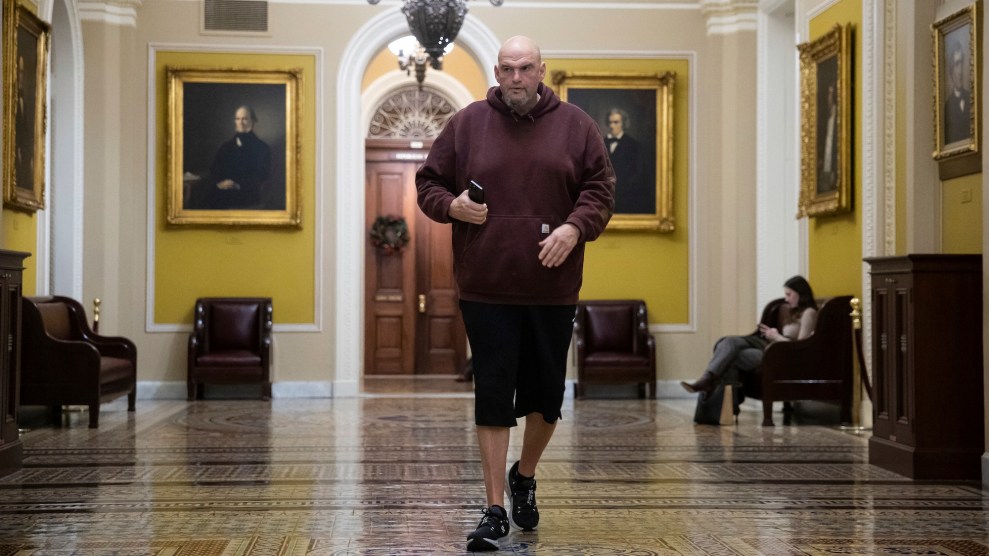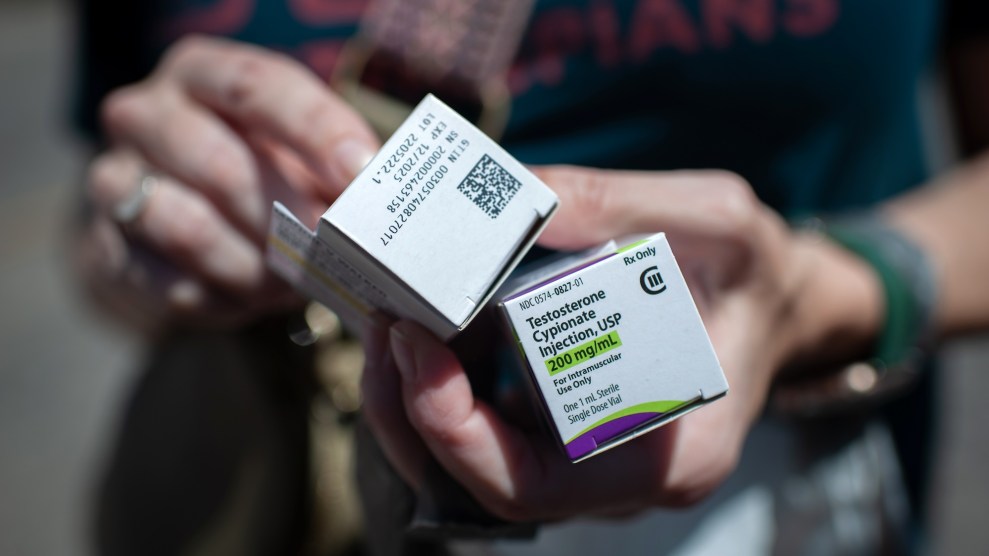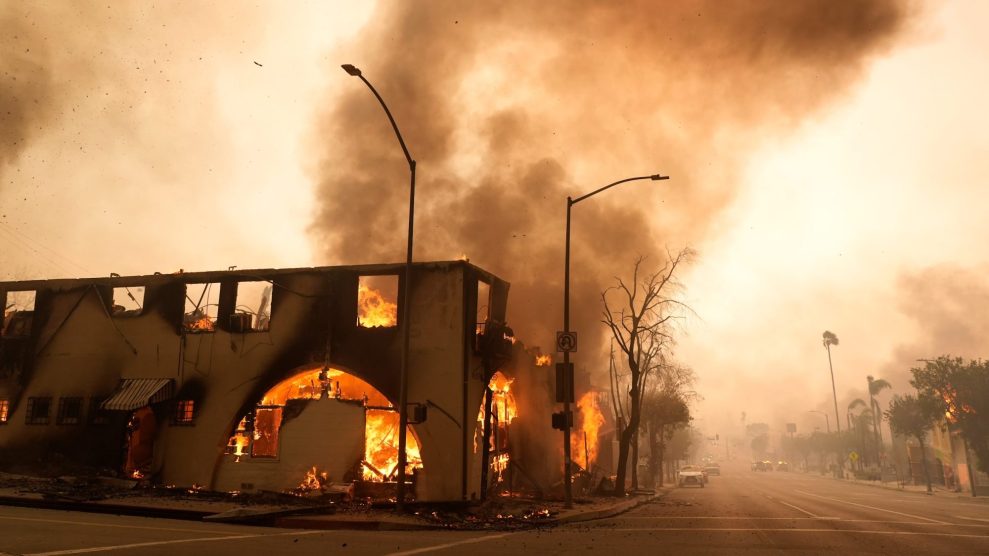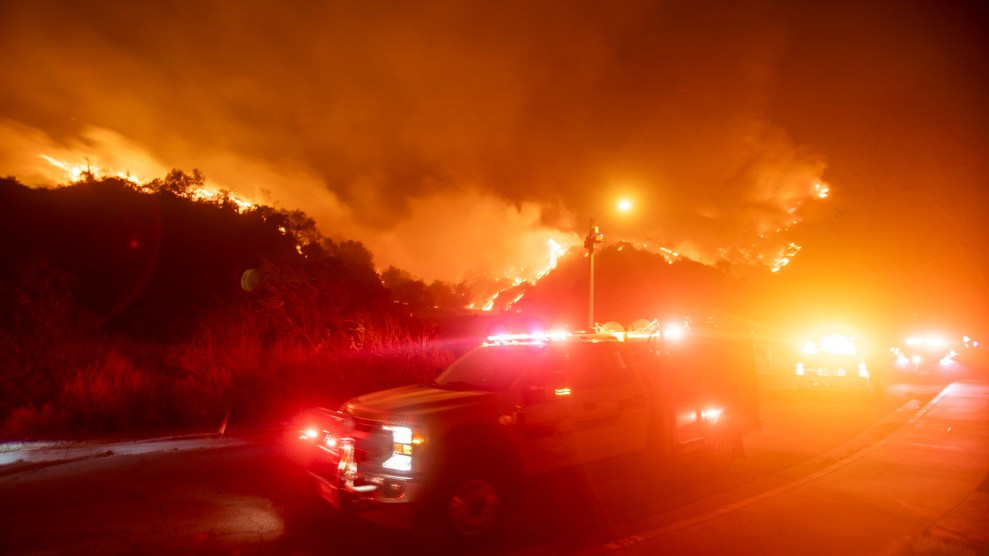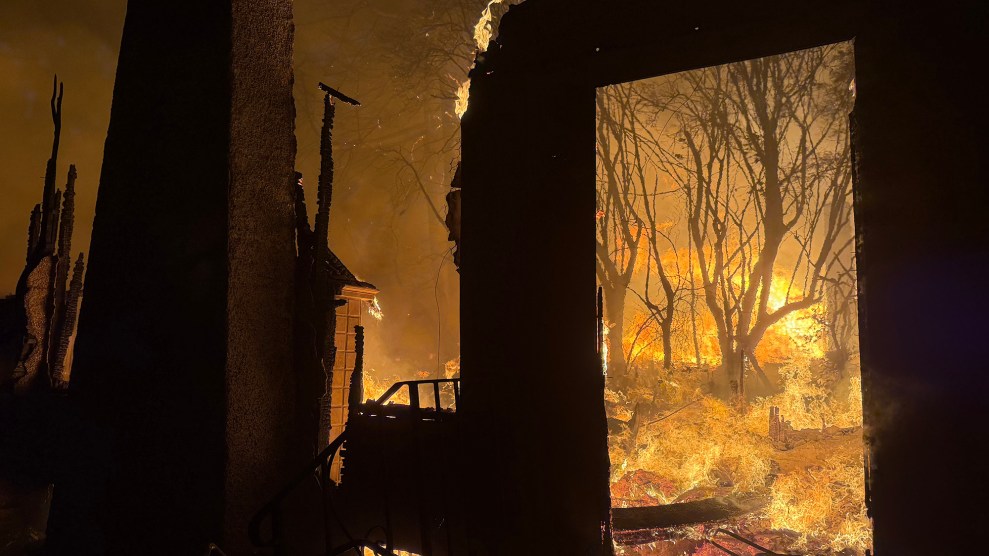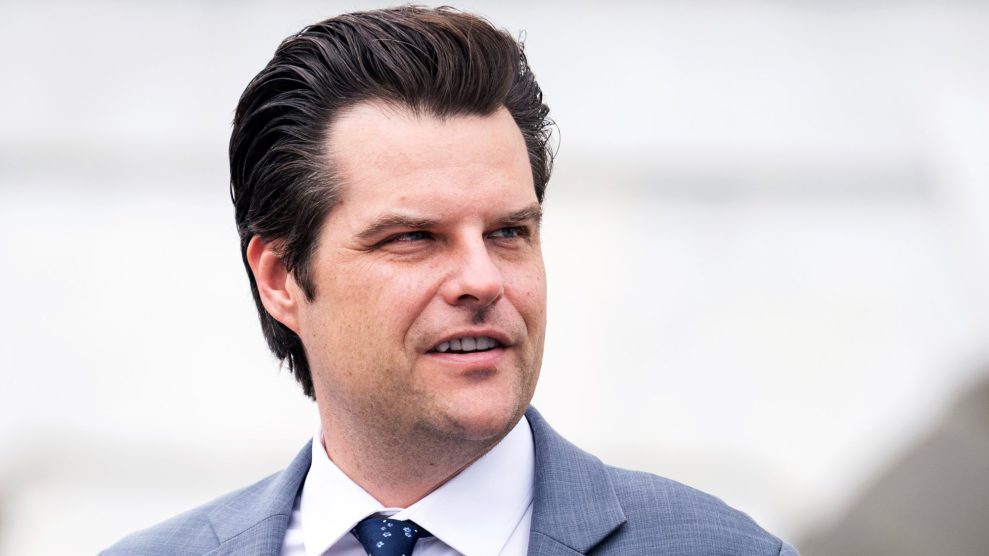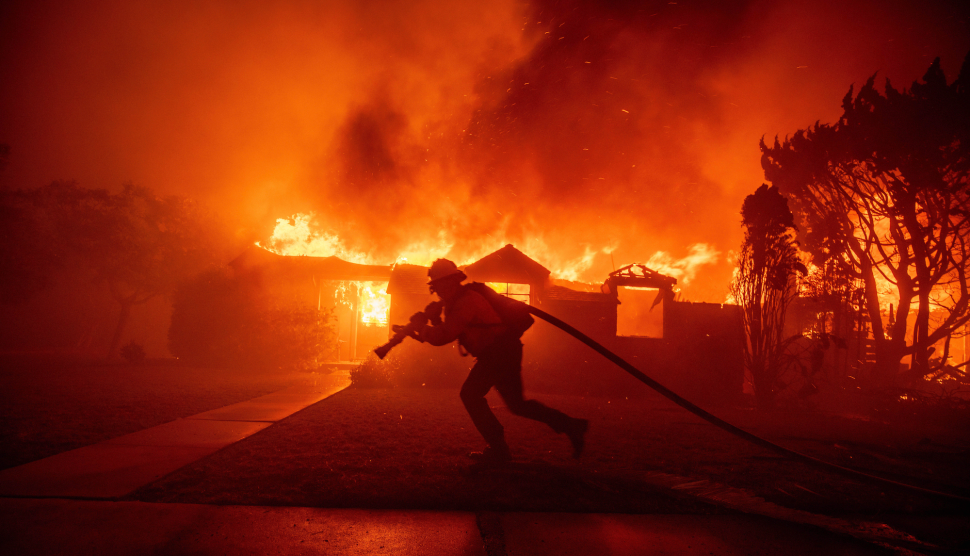Dedicated to everything from architecture to sports medicine, “career academies” claim to offer high school kids focus, relevancy, and solid job prospects. Now add a new kind of program to the list: homeland security high. In late August, Maryland’s Joppatowne High School became the first school in the country dedicated to churning out would-be Jack Bauers. The 75 students in the Homeland Security and Emergency Preparedness magnet program will study cybersecurity and geospatial intelligence, respond to mock terror attacks, and receive limited security clearances at the nearby Army chemical warfare lab.
The new school is funded and guided by a slew of federal, state, and local agencies, not to mention several defense firms. Officials say it will teach kids to understand the “new reality,” though they hasten to add that the school isn’t focused just on terrorism. School administrators, channeling Cheneyesque secrecy, refused to be interviewed for this story. But it’s no secret that the program is seen as a model for the rest of the country, with the Pentagon and other agencies watching closely.
Students will choose one of three specialized tracks: information and communication technology, criminal justice and law enforcement, or “homeland security science.” David Volrath, executive director of secondary education for Harford County Public Schools, says the school also hopes to offer “Arabic or some other nontraditional, Third World-type language.”
The school’s main goal is to get its grads jobs in the booming $24-billion-a-year homeland security industry. It’s certainly in the right location: Northeast Maryland has become a mecca for the military-industrial complex. The Army’s Aberdeen Proving Ground is the county’s biggest employer, and all manner of defense contractors have set up shop nearby, including weapons maker Northrop Grumman.
However, it’s not clear how many Joppatowne grads will be on track to join the upper echelons of the intelligence community and how many will wind up as airport screeners. “We do want to encourage higher education,” Volrath says. “We also want to be realistic. Some of these defense contractors will have huge security needs, and the jobs won’t require four years of college.”
Critics see the school as a troubling landmark: a public school, possibly the first of many, that is an active participant in the war on terror. Jonathan Zimmerman, director of New York University’s History of Education Program, says that if it offered students an “intellectually curious” curriculum, “I’d send my daughter there. But my fear is that they will instead teach a series of predigested truths about keeping our country safe.”
Volrath maintains that Joppatowne High will remain above the fray. “The school’s built around the marketplace that surrounds the defense industry,” he explains, “but the program’s not involved in war or peace. Still, there are some realities about good guys and bad guys that will surely be discussed.”


